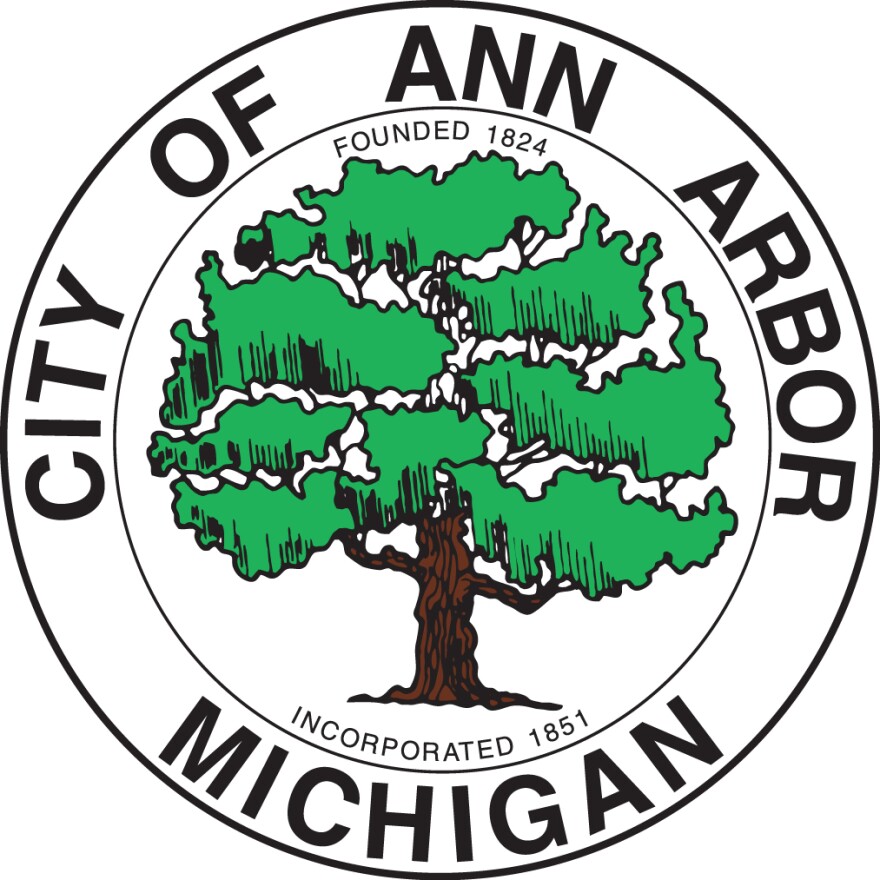BERLIN – Germany advanced sustainability efforts by presenting a new air-derived fuel other than hydrogen. The novel fuel operates as methanol, and its production relies on biogenic and green hydrogen-based manufacturing methods.
The article provides comprehensive details about this breakthrough development, analyzing its effects on the shipping industry and its potential role in the evolution of internal combustion engines (ICE).
This is how Germany plans to power the future with air-derived fuel
The shipowner Hapag-Lloyd in Germany made an offtake agreement with Goldwind, a Chinese wind turbine manufacturing firm and renewable hydrogen project development company. The agreement allows Hapag-Lloyd to acquire 250,000 tonnes of green methanol yearly for its maritime fleet as part of its pollution reduction plan in shipping operations. Research demonstrates that the combined product of bio-methanol with e-methanol from green hydrogen sources results in minimum greenhouse gas emissions of 70%.
The renewable energy specialist Goldwind constructs its second facility for converting green hydrogen to methanol in Inner Mongolia. The facility will reach completion in 2027 to produce yearly one million tonnes of green methanol. The company demonstrates its dedication to global sustainable fuel production along with carbon emission reduction worldwide through this expansion initiative.
By partnering with Goldwind, Hapag-Lloyd proves growing industry interest in methanol, an alternative fuel for ships. The need to build green methanol infrastructure has become essential as government regulation strengthens its requirements to lower carbon emissions. Hapag-Lloyd bolsters its sustainability strategy through this agreement and indicates a worldwide change toward cleaner fuel adoption in maritime transportation.
Why methanol could save internal combustion engines from extinction
As part of their energy company strategy, the German Obrist Group promotes methanol as the essential solution for sustaining internal combustion engines (ICE) during sustainable development. Obrist Group states the complete shift to battery-electric vehicles (BEVs) worldwide is unfeasible because of the expensive setup requirements as well as the complexity of the transition. Obrist advocates for synthetic fuels, with methanol taking precedence because this renewable energy-based product can be created effectively.
Obrist’s method centres on methanol implementation because it respects the existing ICE infrastructure systems rather than undertaking their full replacement. Car drivers maintain their existing motor systems through this plan, as the approach lets them substantially minimize environmental pollutants. Methanol-powered ICE vehicles are a sustainable connection between gasoline-only engines and electric transportation since they enable a practical transition toward environmental stewardship.
Besides blending with current technological systems, methanol provides financial advantages compared to battery electric vehicles. The distribution process for methanol fuel relies on existing infrastructure in fuel supply chains, unlike the requirements electric vehicles need for charging networks and rare resources for battery production. Obrist supports using methanol as part of a diversified strategy because he believes it will help achieve global decarbonization goals rather than promoting a complete transition to electric vehicles.
This fuel removes more CO2 than it releases—here’s why it matters
Methanol production through Obrist’s patented method has economic and environmental advantages. An air filtration process developed by Obristremoves greater amounts of carbon dioxide from the atmosphere than the released quantity during the burning process, enabling climate benefits for each methanol-powered vehicle kilometre travelled.
The production process for methanol happens in deserts and barren land spaces. It uses existing infrastructure for transportation while functioning in conventional tankers with trucks. The scalability of methanol as a GHG emissions reduction solution for transport makes it preferable to electric vehicle batteries due to their demanding manufacturing processes.
Germany is betting big on green methanol—will the world follow?
Sustainable transportation is marking a major shift because of the adoption of green methanol in the shipping sector and ICE vehicle applications. The existing infrastructure, combined with renewable energy,allows methanol to serve as a practical replacement for fossil fuels and battery-electric power.
Green methanol production backed by German investments will be vital for reaching environmental objectives worldwide while cutting transportation sector emissions. The world observes Germany as the nation taking the lead in validating methanol’s potential as the future standard for sustainable energy.
This story appeared in Ecoticias







